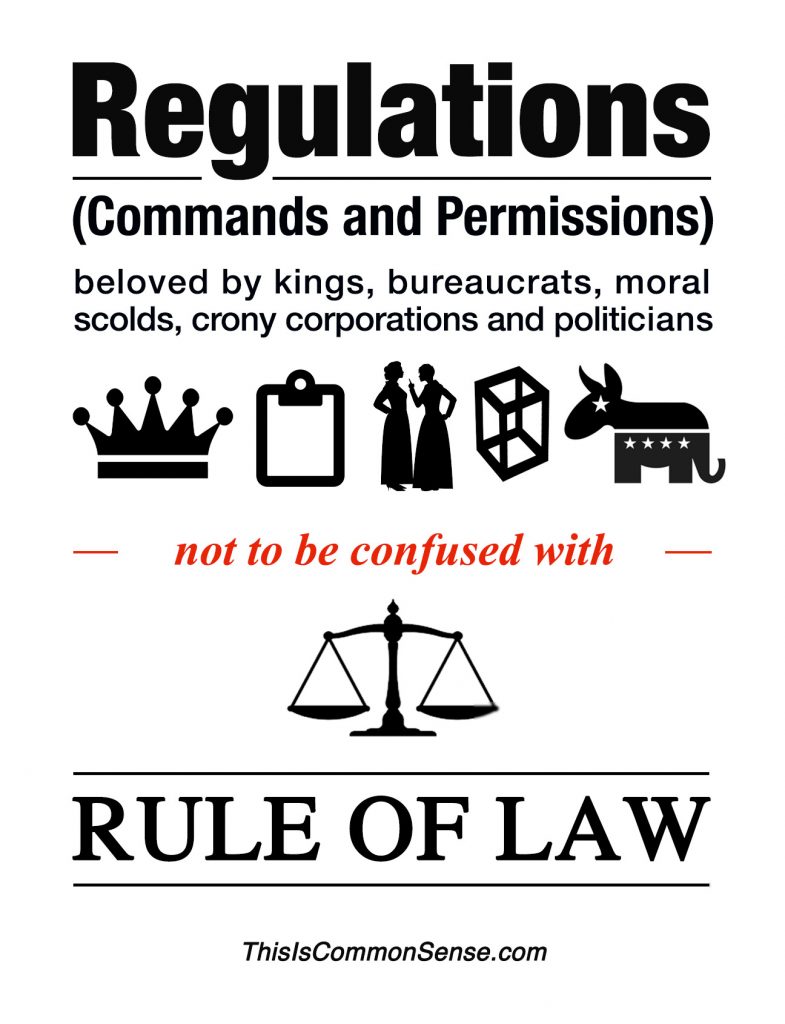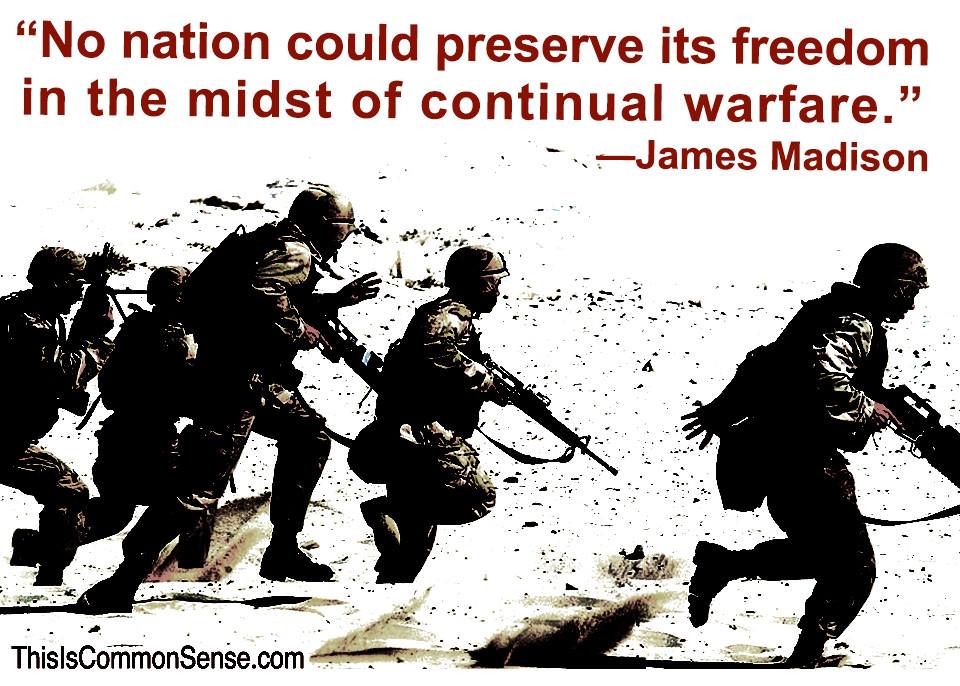Last week’s coup in Venezuela flopped, it’s reported. But “coup” isn’t quite right: a popular rebellion failed to spark defections from key military commanders, who have become the end-all and be-all of Nicolás Maduro’s reign-at-rifle-point and rule by decree.
Anyone with open eyes can see the illegitimacy of the Maduro regime. When governments shoot their own people and run over them with tanks or armored personnel carriers, there ceases to be any use in debating the fine points of political philosophies.
Facing the current impasse, opposition leader Juan Guaidó told a CBS News reporter he is “open” to U.S. military intervention, adding: “I want a free election now, no dictatorship, for kids in Venezuela not to starve to death.”
That doesn’t mean the U.S. should intervene, which I think would be a mistake for both us and, ultimately, the people of Venezuela — possibly turning a widely supported uprising into a protracted civil war.
“Before the bombers take off, let’s just answer a few quick questions,” Fox News host Tucker Carlson suggests. “When was the last time we successfully meddled in the political life of another country? Has it ever worked? How are those democracies we set up in Iraq and Libya and Syria and Afghanistan?”
I don’t doubt a sweeping military victory should the U.S. invade Venezuela, but it is getting out that always proves so difficult.
This is Common Sense. I’m Paul Jacob.
Note: Last week, a number of Venezuelan soldiers did indeed switch their allegiance from the despot to demonstrators — reminding me of the inspiring pacification of the initial Chinese troops sent to restore “order” in Tiananmen Square some 30 years ago. The head of Maduro’s Bolivarian Intelligence Service (SEBIN) also defected.

—
See all recent commentary
(simplified and organized)









